The electronic world makes it easy to forget the real world expanses of this planet. We just completed a 2400 mile road trip from the Smoky Mountains of North Carolina to Las Cruces, New Mexico. While we had many sights and experiences that could populate a travelogue, I just want to share a few reflections that emerged as we made our way across a portion of this vast and varied land.
Setting out in haste to escape a wintry blast in the mountains, we were carried in a convoy of semi-trailer trucks through Alabama, Mississippi, and Louisiana to reach the rolling eastern plains of Texas, itself over 800 miles wide. The road-side signs, official and unofficial, began to evidence a different humor. “This is God’s country. Don’t drive through it like hell.” “Hitchhikers may be escaping inmates.” “Driving in river beds prohibited by law.” I wish the signs could show their dry deadpan expressions.
On the third day we got to Dallas. Though we stayed only blocks from Dealy Plaza, where the city recently commemorated the assassination of John Kennedy fifty years ago, we were there to see the fine art that has been assembled in a set of museums in the heart of the city. They stand like a garden of new life where the events that shook our lives still smolder in people’s consciousness.
We left Dallas thinking that now we would encounter the “real Texas” of wide-open spaces, but instead found ourselves in a torturous high-speed caterpillar of traffic pounding toward San Antonio. It was as if the individualism so celebrated in the Texas of old had been incarnated in the personal car and the mobility of products that now clogged the arteries of the country’s life. We found ourselves caught in the paradox of individualism, in which pursuit of personal freedom enslaves us all. The Marlboro Man is gone from the billboards, but his lone and self-destructive image is still circulating in our lungs. It was only after exploring some of the old city of San Antonio, with its justly famous riverwalk, that we emerged onto the fabled open spaces of west Texas. Scrub oak soon began to yield to bare land tufted by hardy grass and mesquite.
In deserts very little grows and very little decays. The desert offers up its virgin space to human advance and the debris of abandoned abodes, machinery, foundations without walls. The desert exposes everything, including our conversations with ourselves. The desert is unforgiving but in its mute neutrality absorbs, remembers, and in its silent way forgives.
The flood of vehicles gave way to open space along the Rio Grande. The US Border Patrol offers travelers opportunities at checkpoints for brief and cordial conversations (assuming, I suppose, if it doesn’t look like you had crossed the nearby river recently). Around us stretched wrinkled sediments, laid out like the dirty sheets of ancient seas. Clumps of tough grasses persevered like the fingerprints of fugitive rains. I began to feel the power of the archaic bonds of man-land-animal-woman at the core of the myth that still animates and distorts our public conversation.
At long intervals the road led us through little towns, the partners of this myth of rugged individualism, their order seeking to construct a place of dense relationship within the undefined spaces of the open land. In departing from the Interstate highways we could breathe the atmospheres of towns that were working and those that are being swallowed up in the indifferent sprawl around them and an economy that has left them behind.
I began to feel more keenly how the struggle between the life of the town and the massed capital of cities and large corporations is a defining fault-line in our life. We have a deep longing for the bonds and delights of humanity in the town, but we can’t shake our needs for the Walmarts, Wall Streets, and Exxons that imperil it. Towns like Marfa, Texas, home of minimalist artists, and Artesia, New Mexico, are places where individual creativity and community consciousness marry to create oases for the human spirit.
It is in the mountainous desert of the Big Bend, where a national and a state park stay the encroachments of our industrial life, that we experienced a pulse and power rooted in a more cosmic order of things. Words, the medium of our human realm, are absorbed by the wind and space, the silence punctuated only by the call of a passing bird. The volcanoes of 30 million years ago have left an amphitheater of memory that swallows up our life spans. Little wonder that the religious spirit, launched toward what we call eternity, comes to the desert and the mountains for a space to draw us from our selves. Many people come here simply to hike, to put paces on the vastness. For us, limited in paces now, it was a time to be pulled out of the book of days that seeks in feeble fashion to contain our lives.
To round out our meandering trip we stopped in Carlsbad, NM, now an oil boom town, for me to go down in Carlsbad Caverns, a life-time wish for one who started out spelunking in the caves of the Virginias. It’s slack season. I descended 750 feet in the elevator and walked into a dim gathering area where a few others awaited a Ranger’s for a guided tour. I took a few minutes to walk out into the Big Room. I was alone in the semi-darkness. The Big Room stretches over (or under) about 8 acres, with stalactites, stalagmites, and columns formed over the last 500,000 years – an eyelash of earth’s time. Parts of the room are 250 feet high. I could hear the ringing in my ears, the occasional drip of water. A desert of a different kind. I wandered guided and unguided for four hours, trying to absorb the beautiful desolation, unencumbered by the crowds that normally echo in its chambers.
The trip has given me a chance to reflect on the relation of the individual and the natural, the self and its communities, our time and the earth’s time, our bodies and the earth’s body. More to come from our sojourn on the Rio Grande. I hear that some people are driving in its dry bed.

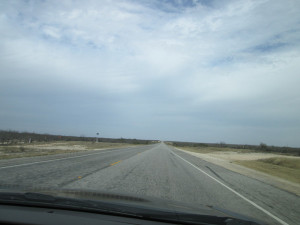
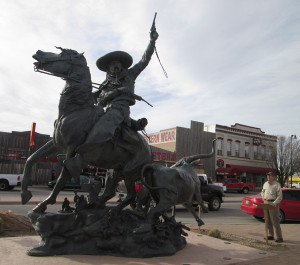
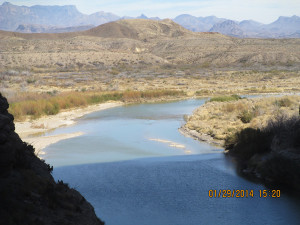
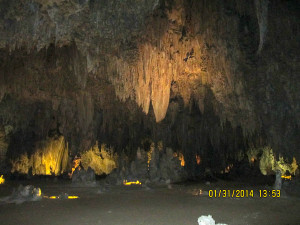
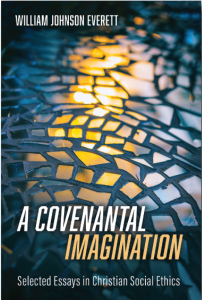
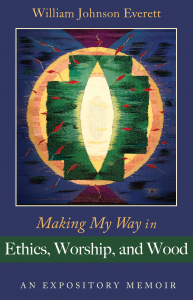
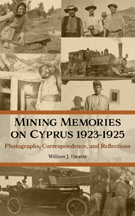
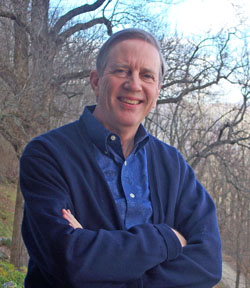
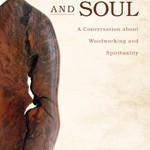
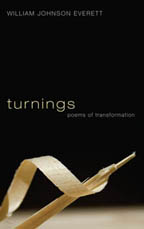
 Red Clay, Blood River
Red Clay, Blood River
Good insights, Bill. Thanks.
Cool Dad, that cave looks incredible!